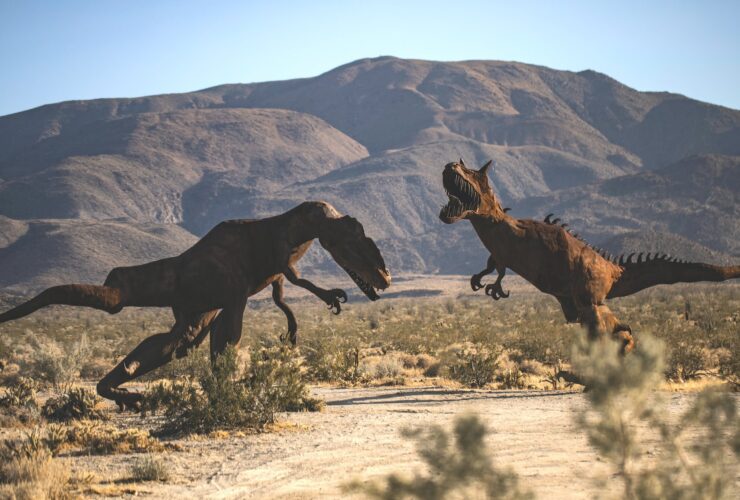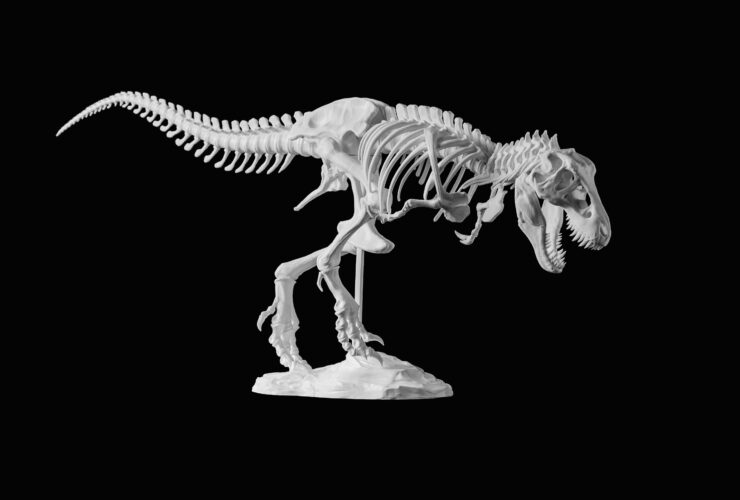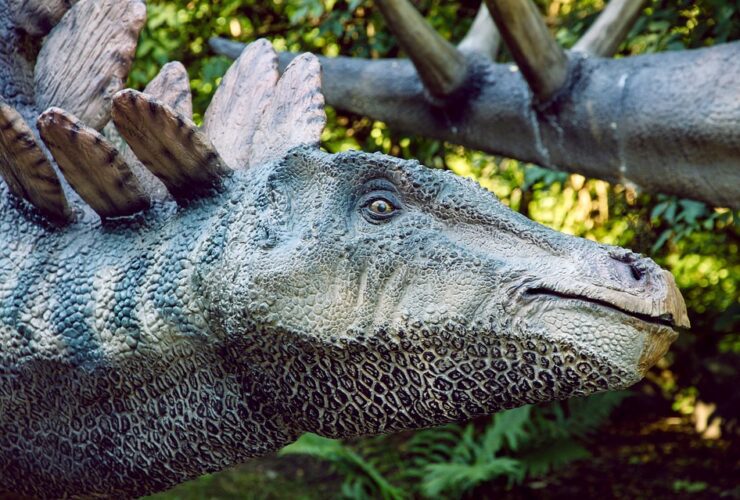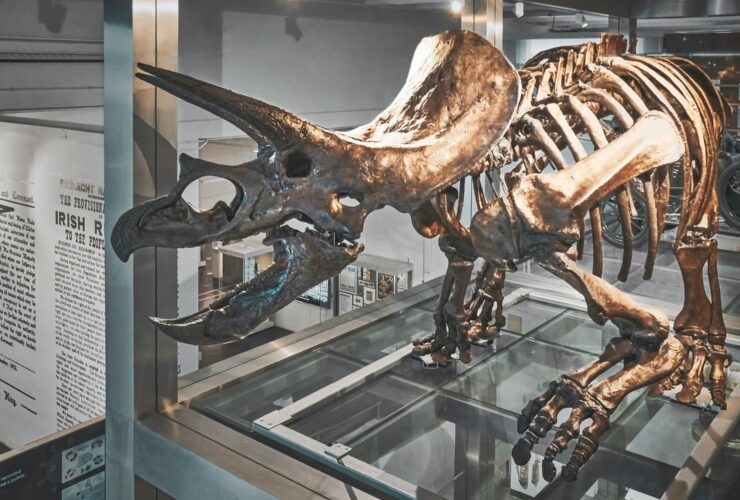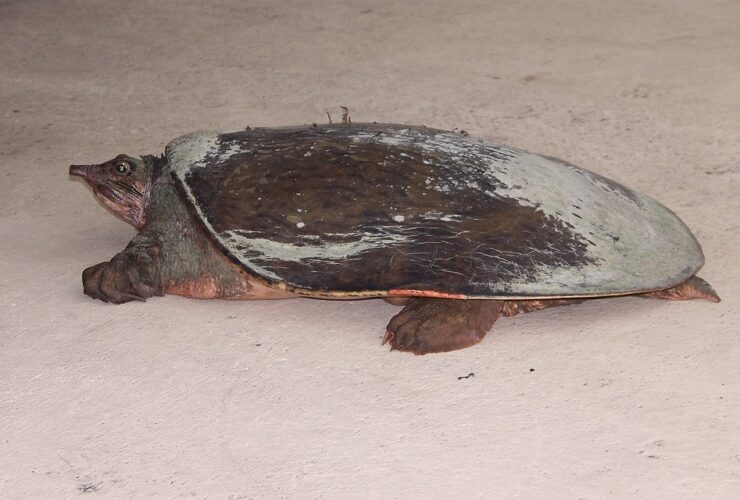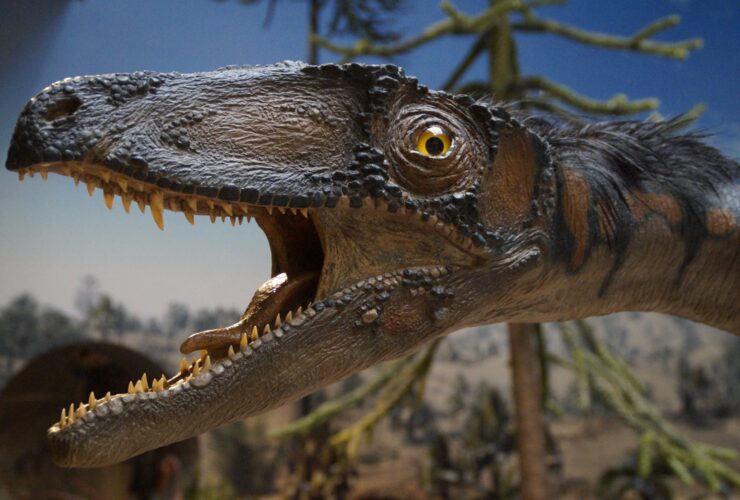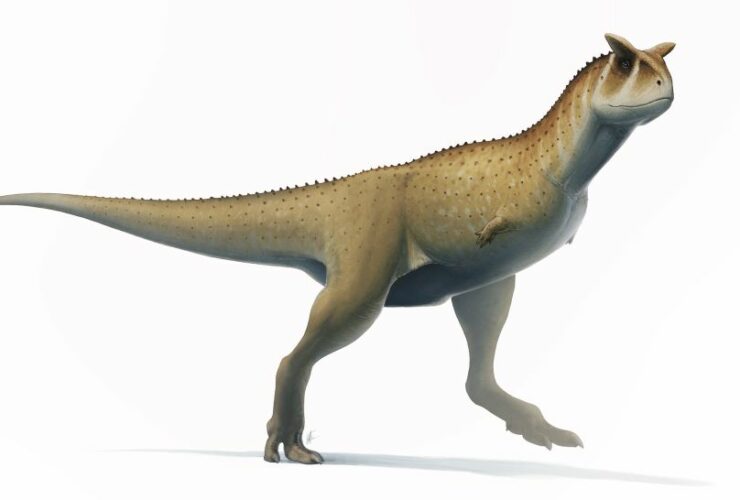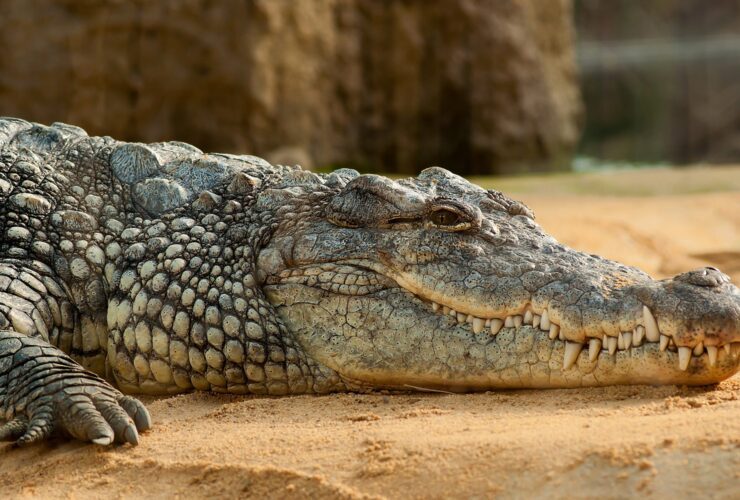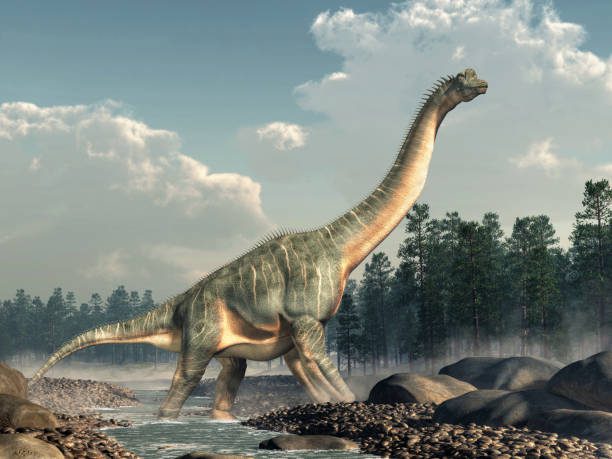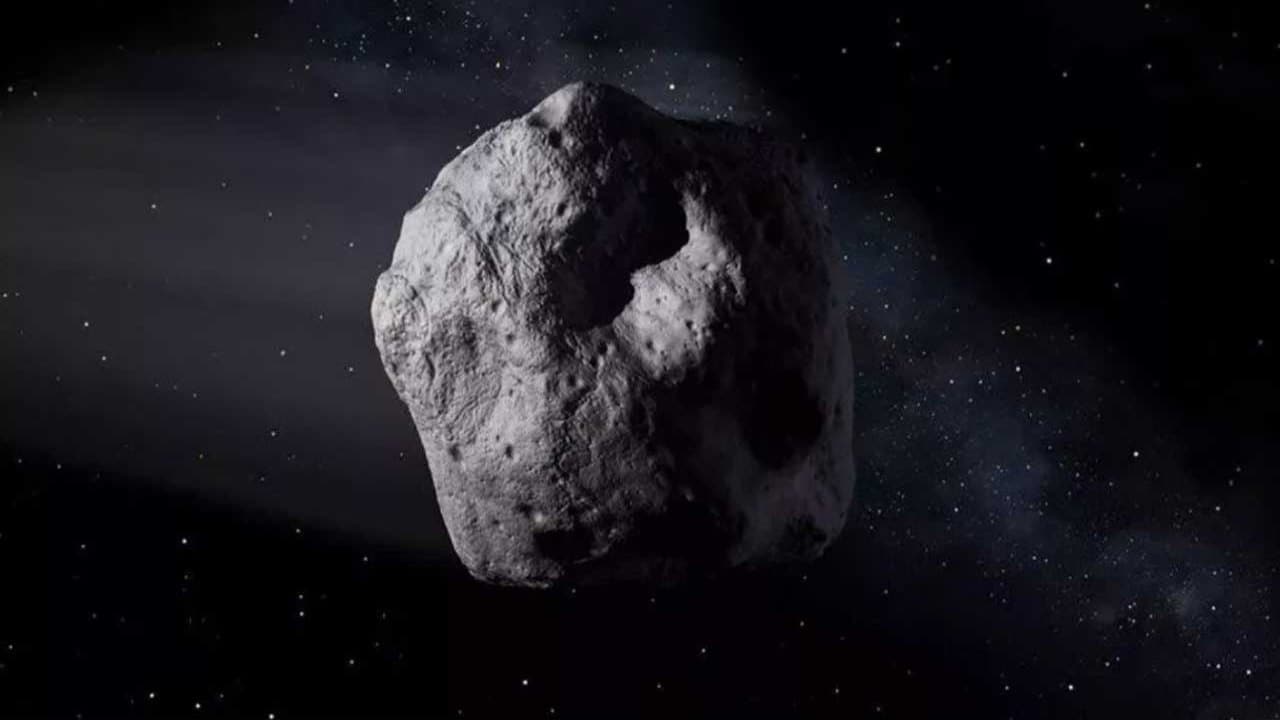A prehistoric bombshell is surfacing in Brazil’s Paraíba state—one that could upend everything we thought we knew about early human cognition and deep time.Right now, archaeologists are staring down a mystery: ancient petroglyphs carved by humans nearly 9,000 years ago—positioned ...
Did Early Humans Really Know About Dinosaurs? Shocking New Discoveries in Brazil Suggest So In a groundbreaking discovery, researchers in Brazil have unveiled 9,000-year-old rock carvings that appear to showcase an ancient society’s fascination with dinosaur footprints. Found in the ...
The classic scientific explanation for why the dinosaurs aren’t here nowadays is that a huge asteroid of about 5 km in its radius smashed into Earth about 66 million years ago. Unfortunately for our giant friends or not, they didn’t ...
An official stated on Tuesday that a drought in Texas has dried up a river that was passing through Dinosaur Valley State Park, which has exposed the footprints of huge creatures that lived approximately 113 million years ago. Photos of ...
An innovative computer model of sauropod dinosaur feet reveals for the first time that a cushioned pad at the back of the heel was essential to the animals’ ability to carry their massive weight. For the sauropods to become the ...
While walking through private property, paleontologist Craig Pfister said he came upon fragments of a pelvis and femur bones that were glinting in the sunlight in a sinkhole. The fact that Pfister had come upon one of the most intact ...
It was recently discovered that a unique species of softshell turtle (Hutchemys walkerorum) inhabited North Dakota just at the final moments of the Cretaceous Period, roughly 66.5 million years in the past – a little before the extinction event that erased all of the ...
Scientists have discovered an old virus that dates back to the dinosaur era in an unexpected area. It’s sort of lurking in broad daylight in the human DNA, explains University of Oxford’s Aris Katzourakis. Every live person has two copies ...
According to experts, a new dinosaur has been unearthed in the north of Argentina, which was previously unknown. The fossilized bones belong to a new species known as Guemesia Ochoai, which was discovered in the Los Blanquitos Formation. The find, ...
Dinosaurs have been confined to the far past and big screens; however, some of the species who coexisted alongside them are still alive and well. Crocodiles haven’t evolved much throughout the millennia because they’re so adept at what they are ...
Anybody, including a dinosaur, is unhappy when they suffer from whooping coughs, excessive sneezing, fevers, and hammering headaches. Earlier this year, scientists found the first signs of respiratory sickness in a sauropod, a herbivorous kind of dinosaur that lived around ...
Long ago, when there was no trace of a human being on Earth, a huge asteroid hit our planet with a devastating force. It left behind a giant crater of roughly 25,450 km² that scientists can explore even today while ...
Scientists initially believed that asteroids hitting Earth, such as the Chicxulub impactor that wiped out the dinosaurs, represent very rare events. There are plenty of reasons why you would be tempted to believe so, and one of them is represented ...
It’s a pretty common misconception that the Chicxulub impactor that led to the extinction of the dinosaurs represents a kind of event that we can see only once in the Earth’s lifetime. But our planet has been here for about ...


